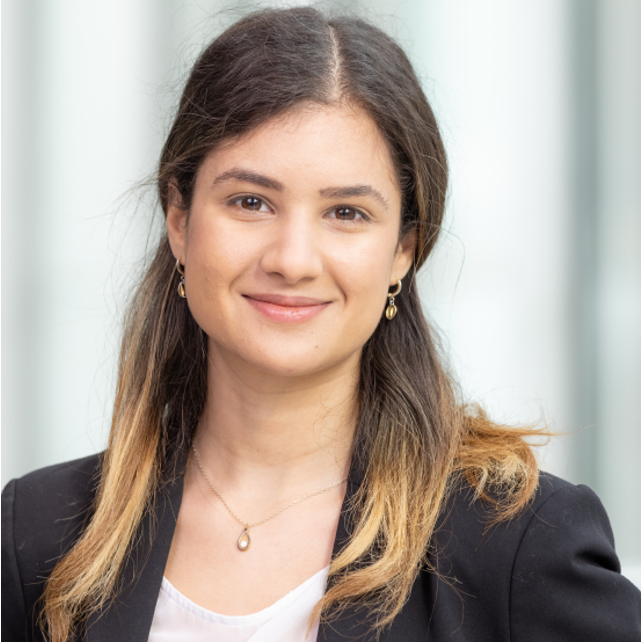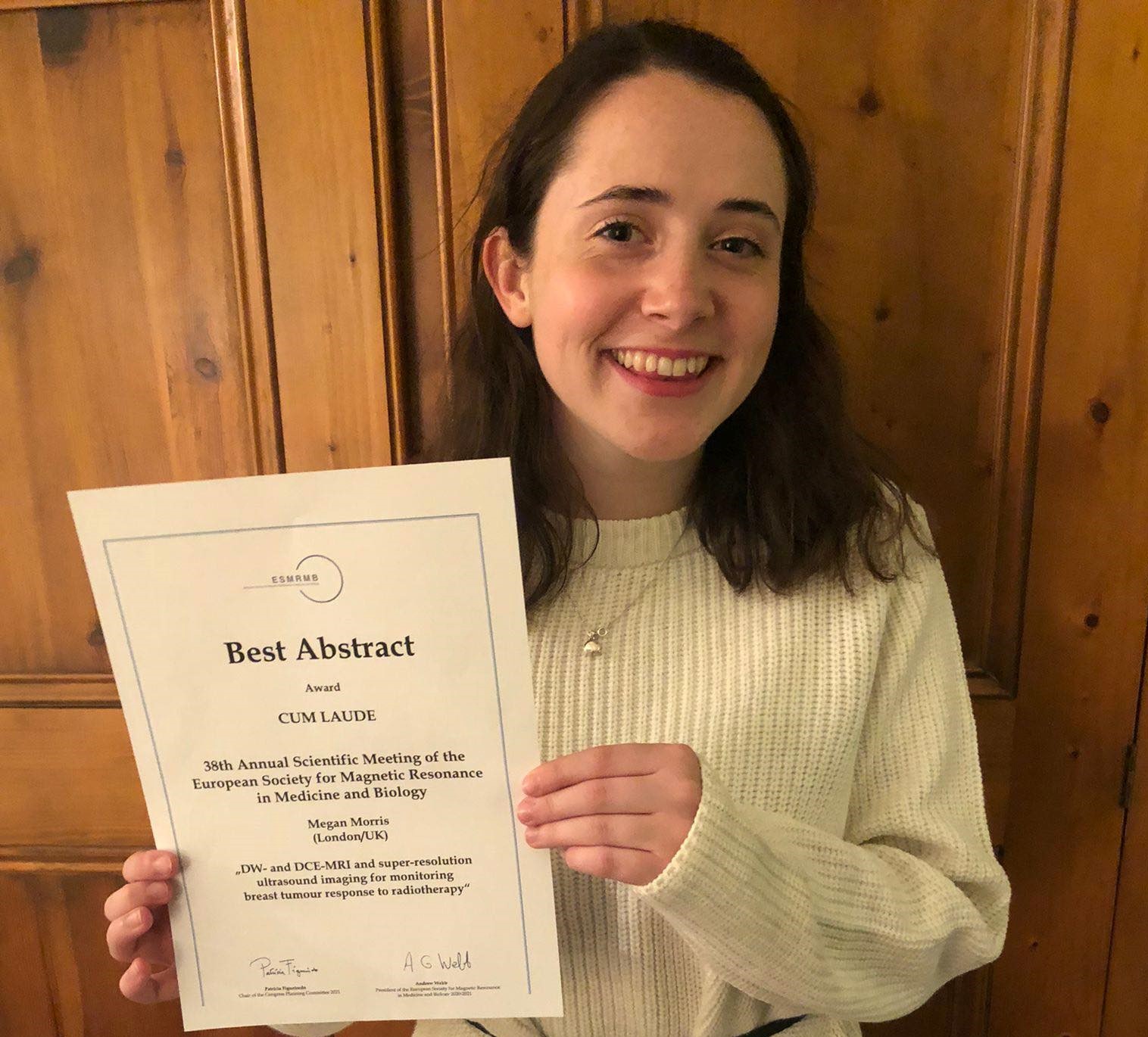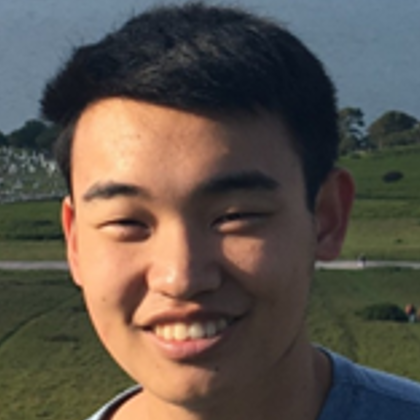
Melina Beykou
Project title - Novel Bio-Chips for real-time detection of acidification in the tumour microenvironment
What were you doing before you joined the CSC Programme?
BSc Biological Sciences (Immunology Hons) (Second year direct entry) from the University of Edinburgh. A number of internships in both wet lab and bioinformatics, including in Mark Woolhouse's lab at the University of Edinburgh during my BSc years. Followed by an MSc in Bioinformatics and Theoretical Systems Biology at Imperial College London where my thesis was focused on modelling protein interactions involved in SARS-CoV-2 viral entry with Dr. Alessia David and Professor Michael Sternberg during the COVID-19 pandemic.
What inspired you to choose this project?
I chose this project because of it has allowed me to work at the forefront of innovation in biomedical technologies to create early cancer diagnostics for patient benefit. It has provided me with a platform to use my previous experience in both wet and dry lab whilst growing my skillset and exposing me to novel engineering technologies
Interesting fact about yourself
I love Formula1 and hope they start using more biosensors for their drivers in the future.







